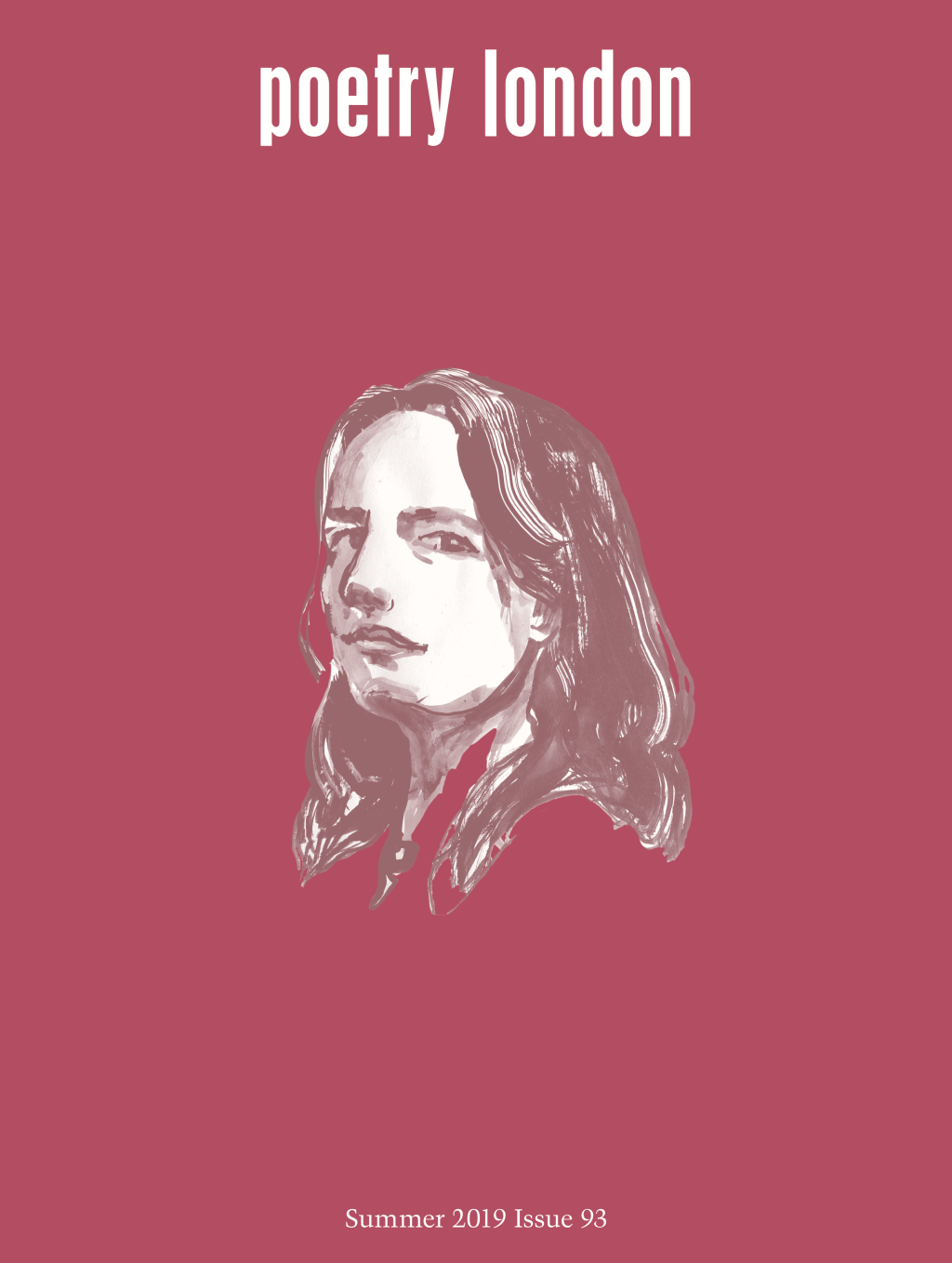Editorial: Dead Ringers
Who Is The Poet? Emily Dickinson referred to herself as a ‘supposed person’. In Negotiating with the Dead Margaret Atwood describes her own ‘slippery double’ as a kind of secret agent, different from the literal, factual self who exists when ‘no writing is going forward’ but who, ‘when no one is looking, takes it over and uses it to commit the writing’. Robert Creeley in Was That A Real Poemsuggests that this dual identity can be split between pronouns: an ‘I’ and a ‘me’. ‘The eyes see, the mouth tastes, the nose smells, the ears hear, the hands touch and hold, the legs stretch and walk’: this is the factual person in a world of objects – the ‘me’ or the many ‘me’s, making up the self seen by others. The me in such a world includes what others may want our appearance to mean, in other words, our objectification. Whereas, Creeley says, the ‘I’ of the poet in the act of writing is the one manifestation of the self outside of perceptions of the literal. An extreme statement of this view would be Rimbaud’s ‘I is another’. But what is striking in all of these formulations is the sense of agency within the ‘I’, which is attributed to some force other than that of the objectified and literal ‘me’. But this ‘I’ does not pre-exist the writing; it comes into being through the process of writing itself. I am reminded of Nietzsche’s paradoxical imperative: ‘Become what you are.’
We are familiar with paradigms of ‘becoming what you are’ from fairytale and myth. One hallmark of such stories is that certain material objects make themselves indispensible to the heroine if she is to accomplish her developmental task. In Russian versions of Cinderella, the heroine is variously helped by a doll, a cow and a fish. In one of the oldest of such stories, Eros and Psyche, Psyche achieves her difficult reunion with Eros only through the agency of a strand of wool, a kindly river, a team of ants, an eagle and a tower.
In effect this is the same developmental process that is enacted in Proust’s Remembrance of Things Past. The troubled narrator is discovering his vocation as a writer. But the novel, rather than advancing by means of plot, character or any conventional form of narrative construction, progresses through a series of encounters with agents from the material world: three steeples seen from a road, a musty smell in a public lavatory, uneven cobblestones in a courtyard in Venice, a stiff napkin, the noise of water knocking in the pipes. These physical experiences (to give only a few examples), each coming at a crucial juncture of the story, generate the flow of words that enable Marcel to write his novel. Beckett describes them as ‘visitations’ that ‘form a simple annunciation’; they provide the key to Proust’s discovery of himself as an artist.
Is it my background in the visual arts (I studied, then taught for many years at the Chelsea College of Art) that pushes me towards a similar view of the writing of a poem? What Marcel comes to understand about these physical encounters is that ‘they were given as they were: each with the contingent, intractable, sensuous quality of a thing’ and the fact that they were completely ‘other’ to the protagonist’s own identity is actually what enables him ‘to become what he is’. I would like to suggest that the poet’s self goes through a similar series of encounters in the writing of a poem. In a way analogous to the psychological progression of Psyche, the poet comes up against a host of material beings with their own intractable personalities and identities. This is certainly counterintuitive; we tend not to think of language as a medium with this kind of particularity, visuality or substance; we always feel meaning pulling away with the force of gravity from the tangible words themselves.
What one learns ultimately from Eros and Psyche is that language is a resistant medium and that writing is a task that requires help from the actual materials under one’s hand. ‘It is the individual and particular that does this’, writes Wallace Stevens, ‘…the revelation of something wholly other by which the inexpressible loneliness of thinking is broken and enriched.’ A process is taking place whose subject matter is our own selves, and the intervention of the medium requires an act of dispossession. In contact with the language-medium of the poem all things are at play together, as if on the surface of a canvas, including the ‘I’ and the ‘me’. Words are not at the passive disposal of the poet, even the most skilfully deliberate poet, but always act also in the opposite direction – reshaping her in an inevitable and necessary act of transformation. As if in collusion with Psyche they prevent the voice of the poet in the poem from remaining an essential replica of her own self-image.
*
This is my final issue of Poetry London and it strikes me, looking back from the vantage point of my retirement – a perspective of nearly twenty years – that Poetry London has always been publishing poems rather than poets: poems whose voices, confounding expectations, come from that astonishing range of registers, as various, unexpected, transformed and new as the poets themselves.
Martha Kapos


